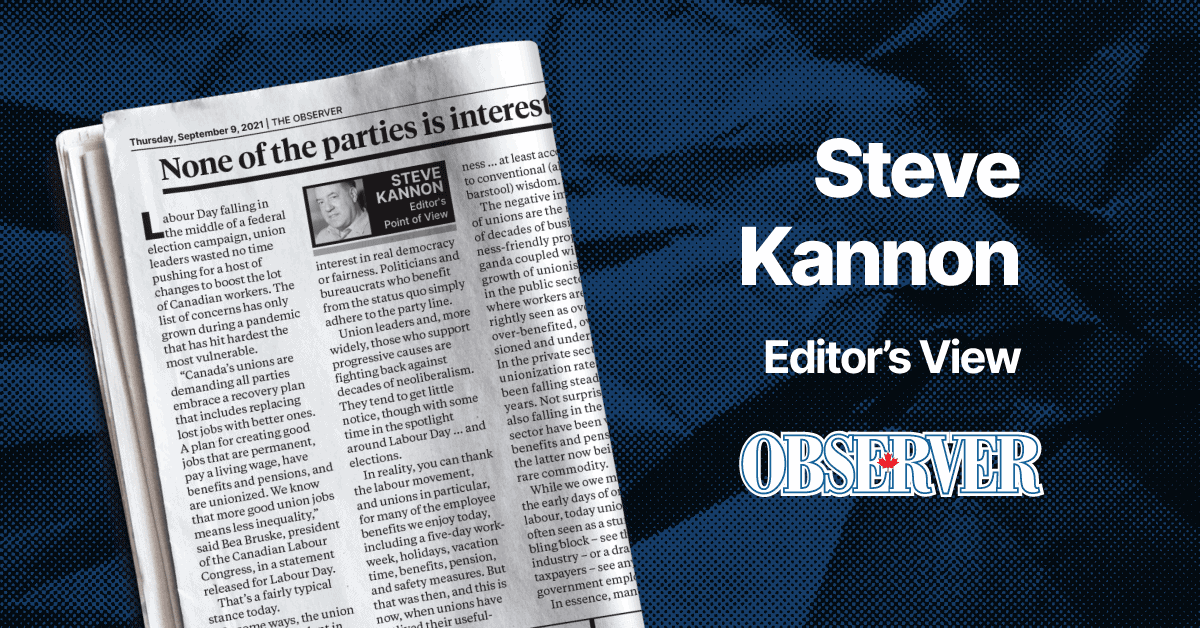;
;
;
Next Article
Sharing knowledge can bring nations together

Beyond the well-advised step of attempting to curtail one avenue of China’s spying attempts, the banning of TikTok on federal workers’ devices also brings to the fore what should be greater attempts to at least greatly reduce (un)social media in our lives. On the spying front, China has long been li
Last updated on May 03, 23
Posted on Mar 02, 23
4 min read
